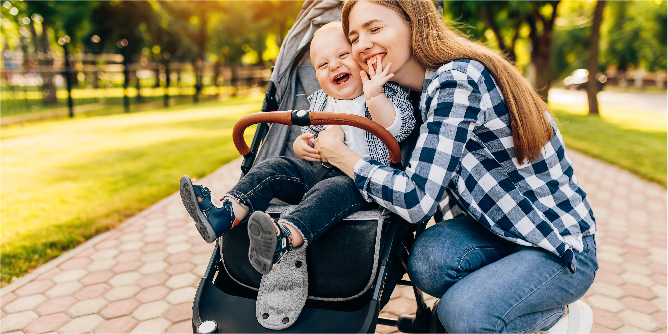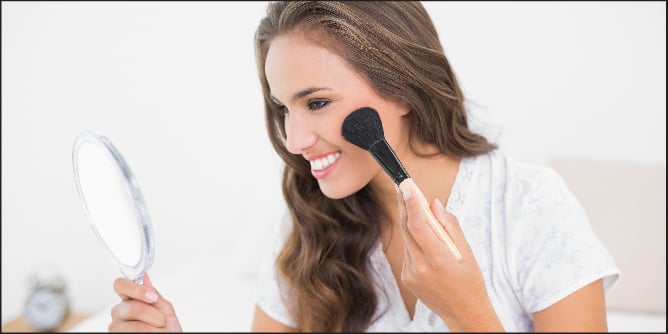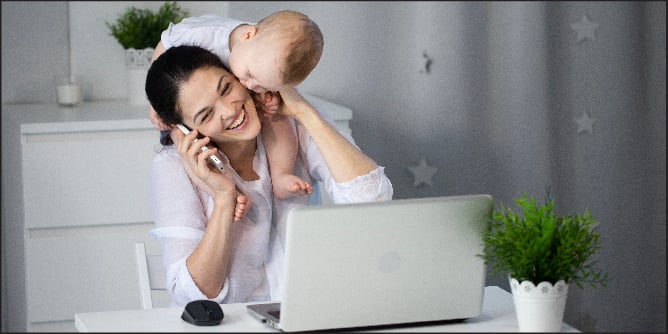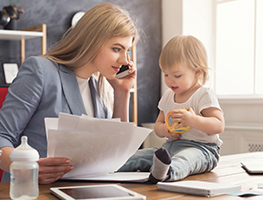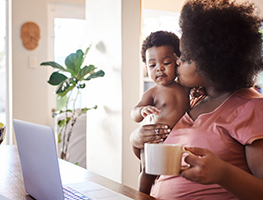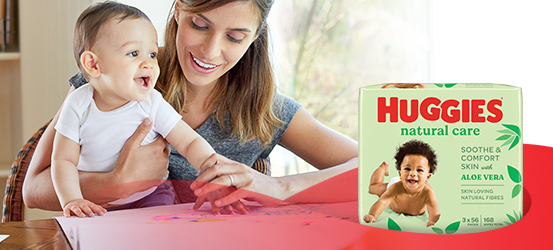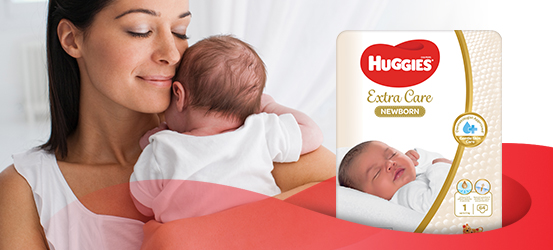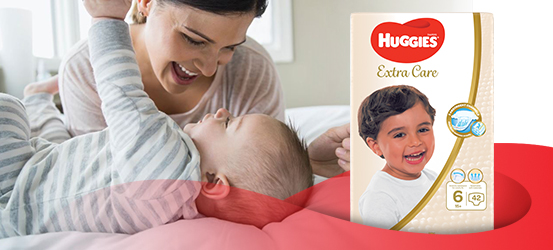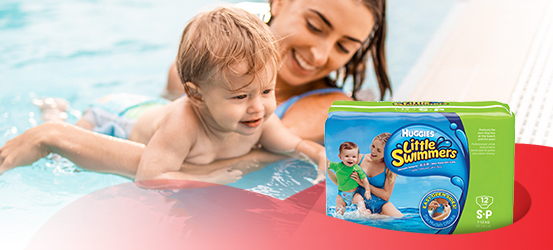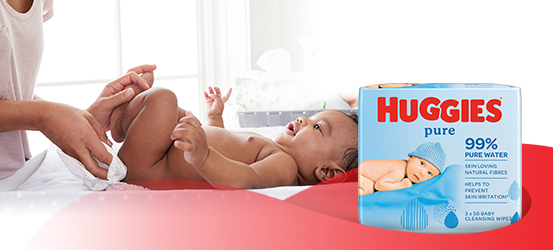How many are there?
For a long time, quantifying the number of fathers in a primary care role has been difficult as most data collected only focused on mothers.
Perceptions - then and now
Now, many fathers share more of the hands-on care, such as feeding and bathing young babies, or taking older children to activities. But when couples take the next step (father as primary care giver) old and new perceptions can clash. They can experience a range of feedback, from admiration for their "outside the box" approach to raising children, to those who disapprove, insinuating some sort of selfishness or failure. Thankfully, anecdotal evidence would suggest the level of positive feedback is slowly growing.
Why are more couples doing this now?
The increase in stay-at-home fathers can be attributed to many social changes in GCC. Many men are laid off or retrenched due to financial or political measures put in place. This results in an increasing number of dads forced to become more hands-on in the raising and caring of their children. These men have become more hands-on than their own fathers, by taking over more and more of the traditionally 'mother' roles at home.
Although a general gender wage gap persists, some couples find the mother's earning capacity equals or exceeds that of the father's - making new parenting roles possible. At the same time, childcare costs have increased, so sometimes it's more viable to have mom and dad go part-time and share the caring role. Some couples also feel that two full-time careers leave little time for parenting.
Challenges for dads
Keeping one or more children fed, clothed, clean, safe and entertained takes far more time, energy and creativity than many dads think. Yet, the truth is, their old workplace habits (the morning coffee, to-do lists, reminders) can be very useful when applied at home.
Dealing with the “What do you do for a living?” question. A non-traditional answer can be a real conversation-stopper.
Coping with loneliness and isolation. He is likely to miss the daily chats with workmates, and while playgroups are wonderful outlets for parents, they are very much dominated by women. On the upside, there are other stay-at-home dads out there – he just needs to use his old networking skills.
Unlike workplace measurements of “success”, it’s not uncommon after a day at home to struggle to quantify what he’s done.
Dad’s no longer the person “bringing in the money”. This can be an issue for some couples.
Challenges for moms
Missing the children.
Missing those “significant milestones”.
Perhaps some “guilt” if you’re not doing what your mother did.
Sometimes, a need to “grieve”the loss of your stay-at-home role.
Negative judgements from other people who cannot accept that Dad might actually want to look after his children.
Benefits for dads
Being actively involved with their children’s activities rather than hearing about them afterwards.
Some dads find the role much more rewarding than their old workplace achievements.
Several studies have found a trend towards increased paternal happiness with increased hours of caring for his children. Dads feel more self-confident and effective as a parent. They find parenthood more satisfying, feel more intrinsically important to their children and are encouraged to be more involved.
Benefits for moms
Knowing the child has the best possible care, with someone they trust.
Being able to continue a career they enjoy.
A special sense of partnership as parents.
For some couples, a chance to “take turns” as primary carer.
Better physical health and well-being: when their spouses are emotionally supportive, wives are more likely to enjoy good post-partum mental health.
When fathers function as a source of practical and emotional support, they enhance the quality of the mother-child relationship.
Benefits for kids
Fathers are good at teaching children to explore the world and take reasonable risks.
Researchers have found that fathers’ “rough and tumble play” with sons and daughters improves the parental bond, encourages physical activity, is associated with fewer behavioural problems and may help the child learn self-control.
It was also found that “primary caregiving fathers and their infants were happier during play (than non-primary care giving fathers)”. This suggests a possible link between the involvement of fathers in the care of their children and their children’s emotional state.
More information/ support
If you and your partner are considering being a "stay-at-home dad" family, the first place you might check for support is your local family support or neighbourhood centre
For more interesting reading:
Survey Compare SA - Ways stay-at-home-dads can make extra money








